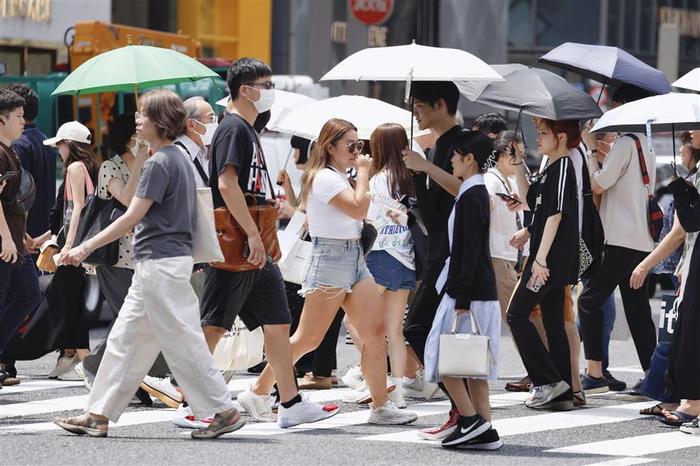
It’s worth remembering that all forms of hyperpigmentation worsen with the sun.
Meticulously using sunscreen on your face and body, which means reapplying every two hours, slathering plenty on and choosing a high factor, is essential for protecting your skin. Plus, staying in the shade, wearing a hat and avoiding peak sunshine hours can help to prevent hyperpigmentation happening or worsening.
“Somebody can spend months trying to improve pigmentation but sit in the sun for a few minutes and that can actually undo all the benefit,” explains Sajjad.
If you’re struggling with post-inflammatory hyperpigmentation, it’s best to try to deal with the underlying causes of the inflammation, for example treating acne and preventing the acne spots occuring.
You can also use agents to reduce melanin production in the skin.
“These include azelaic acid, retinols, and arbutin,” explains Sajjad. “There are also prescription and clinic-only products like hydroquinone and cysteamine, which are also very helpful in reducing melanin production.
“At home, you could also increase exfoliation to help shed the cells that contain the extra melanin. Exfoliating peels, salicylic acid, glycolic acid and retinols help exfoliate the skin and bring about a reduced level of pigmentation.”


